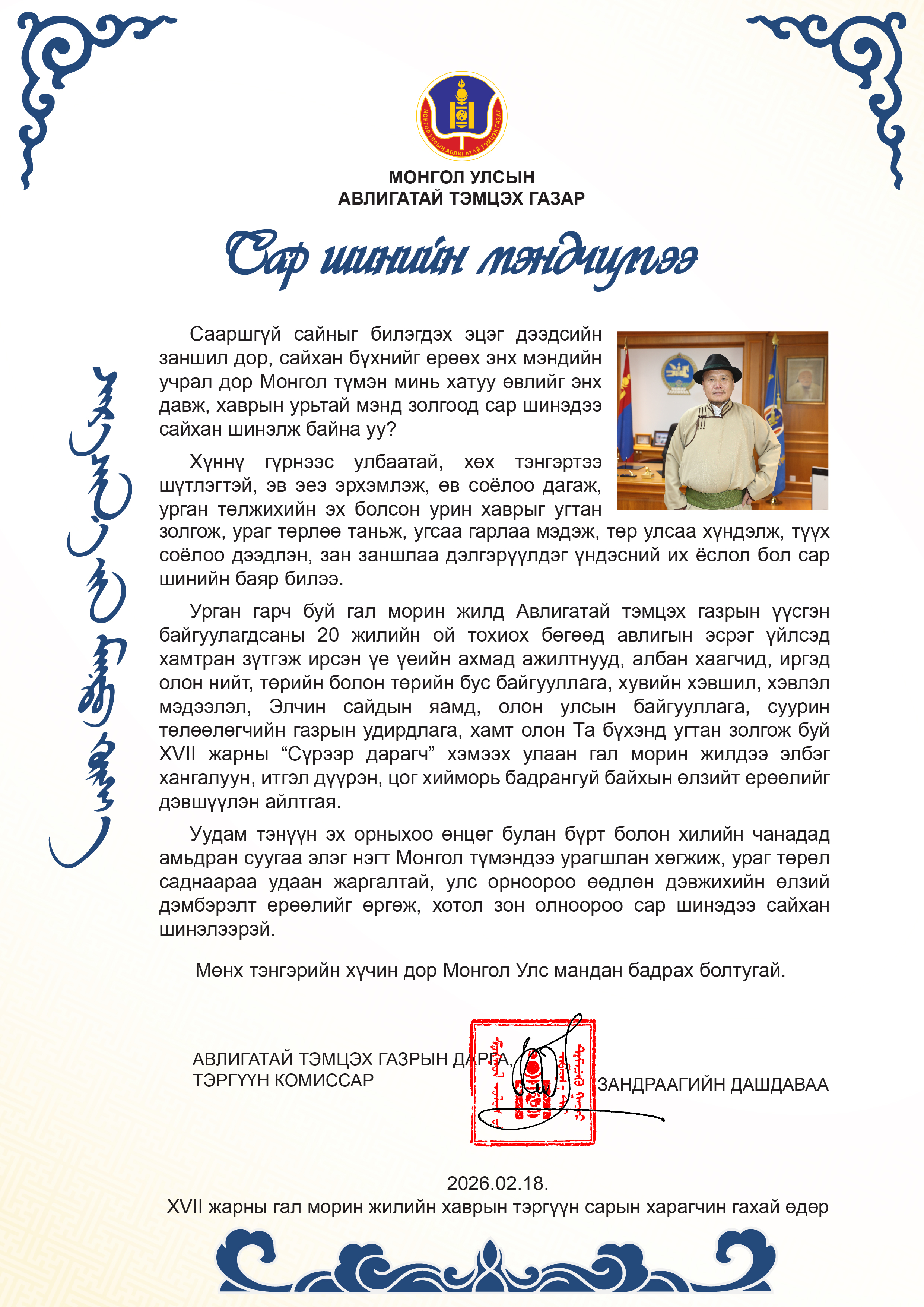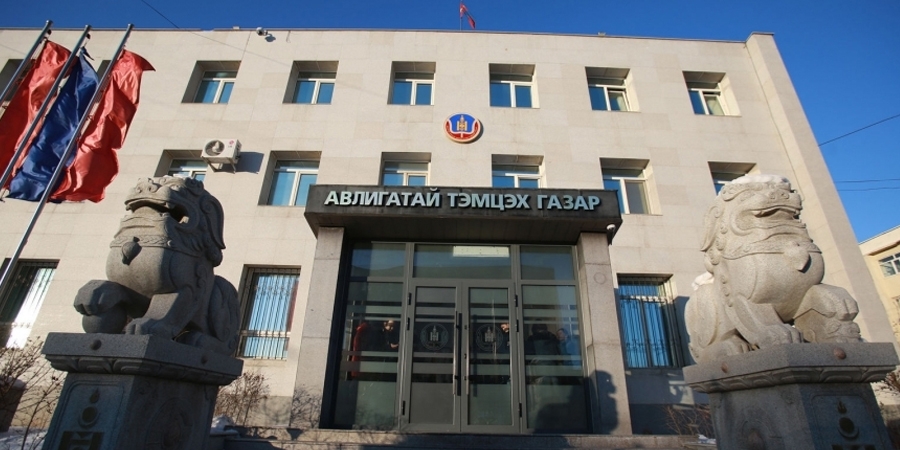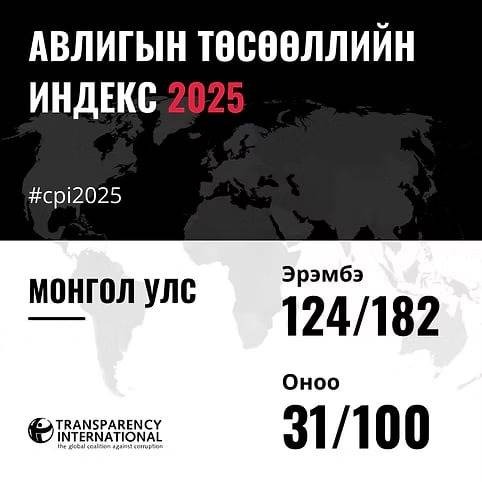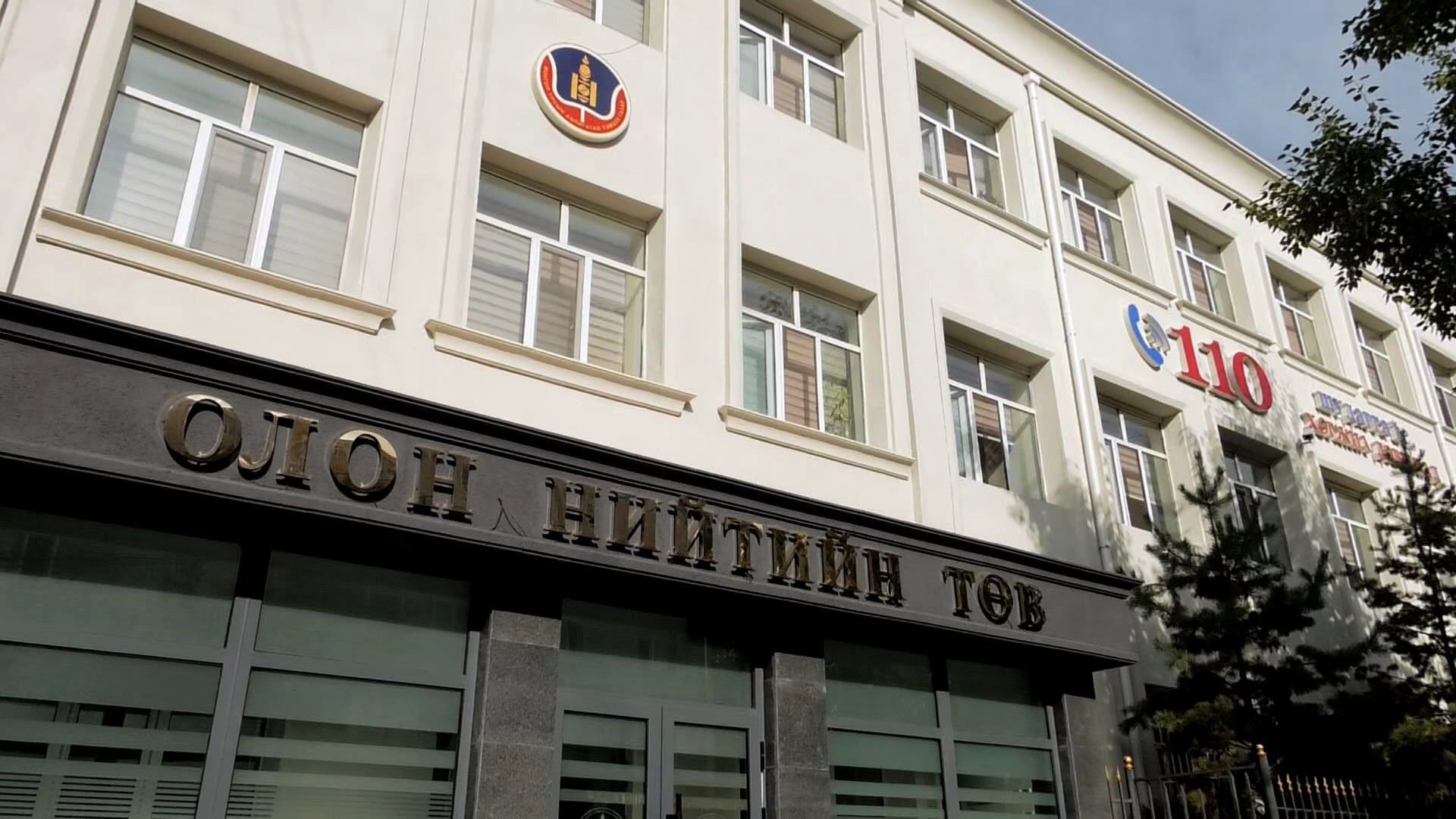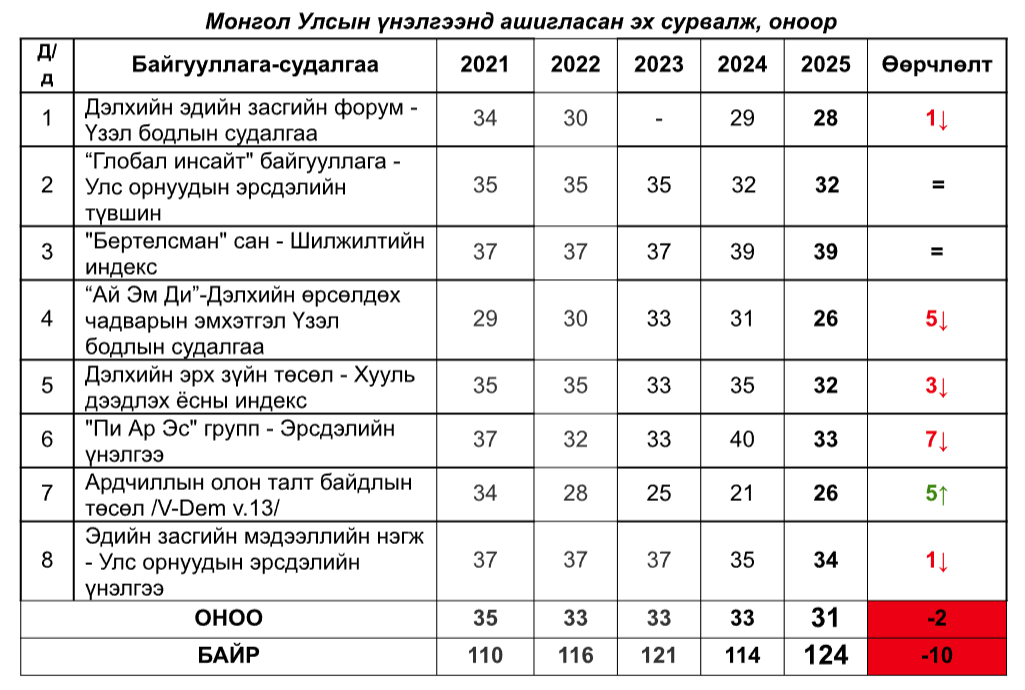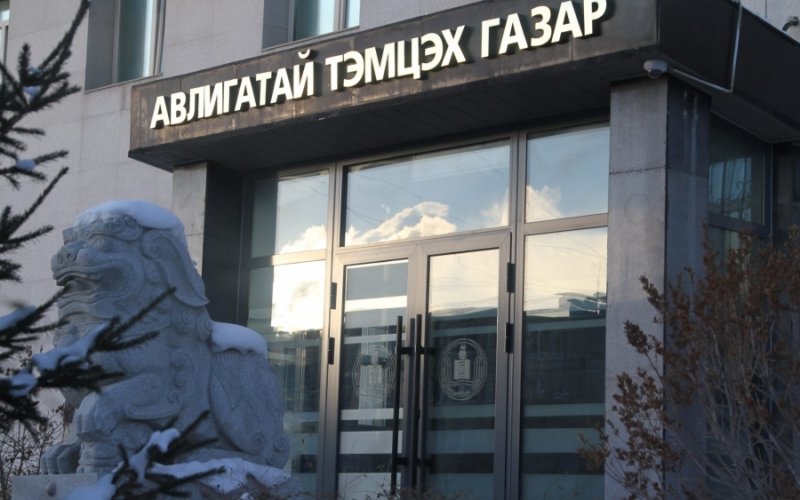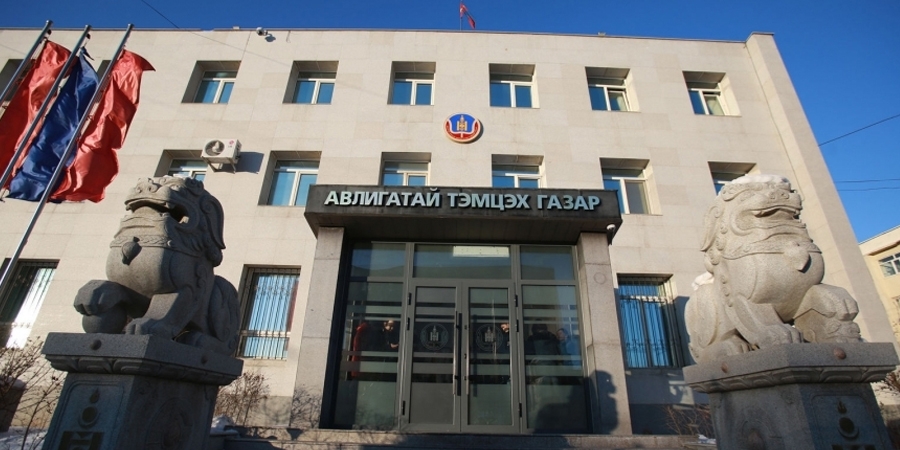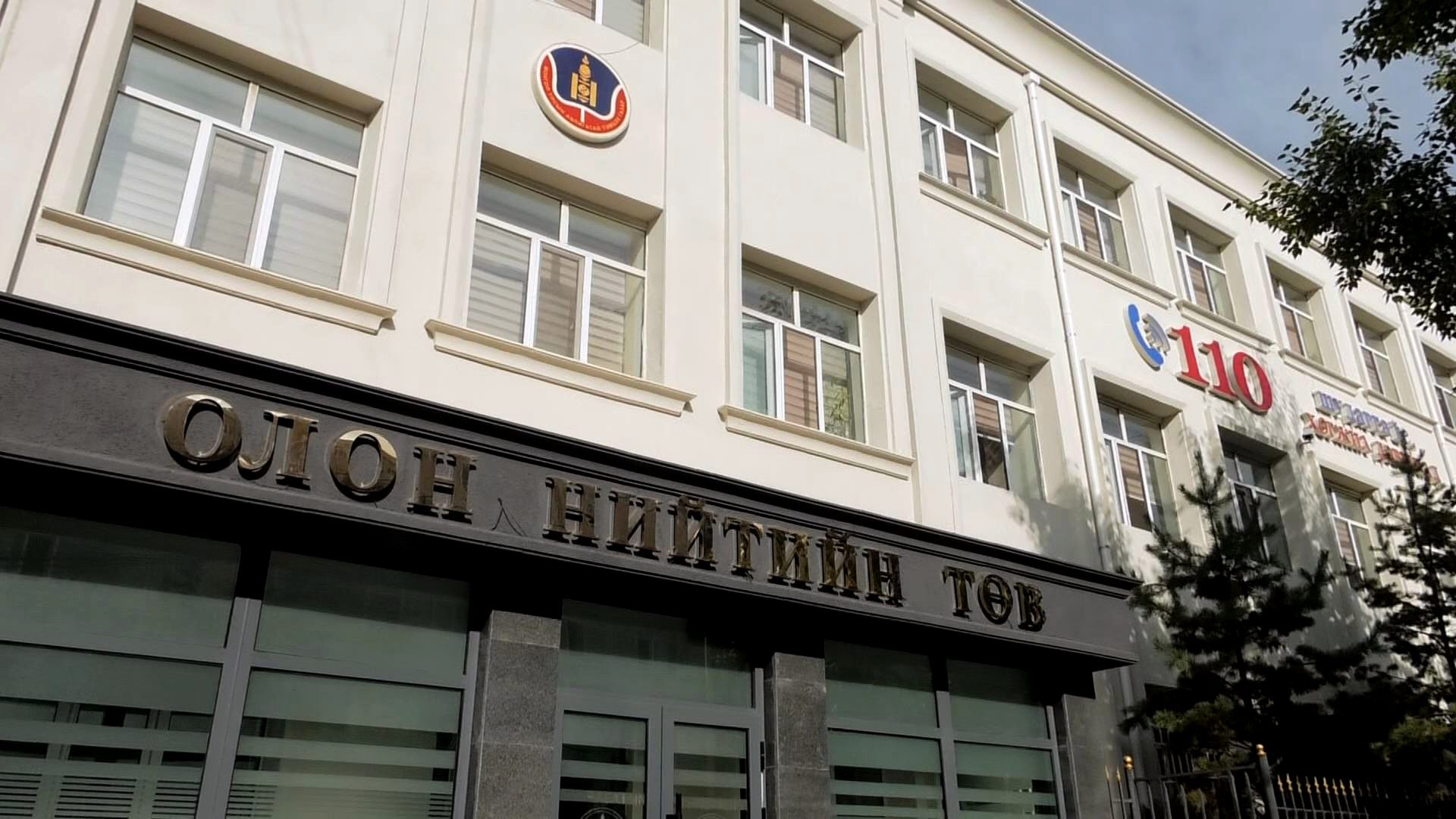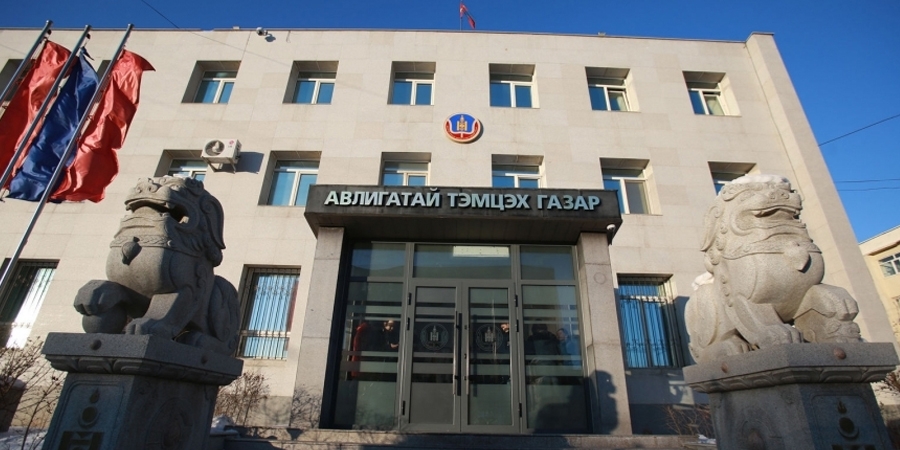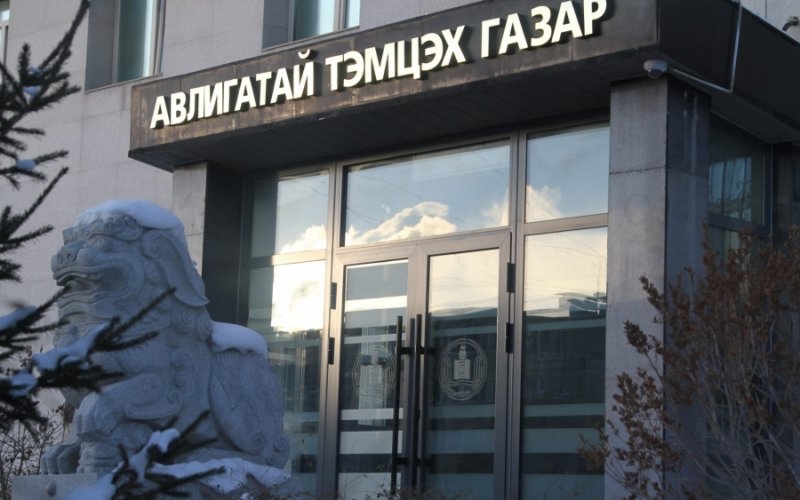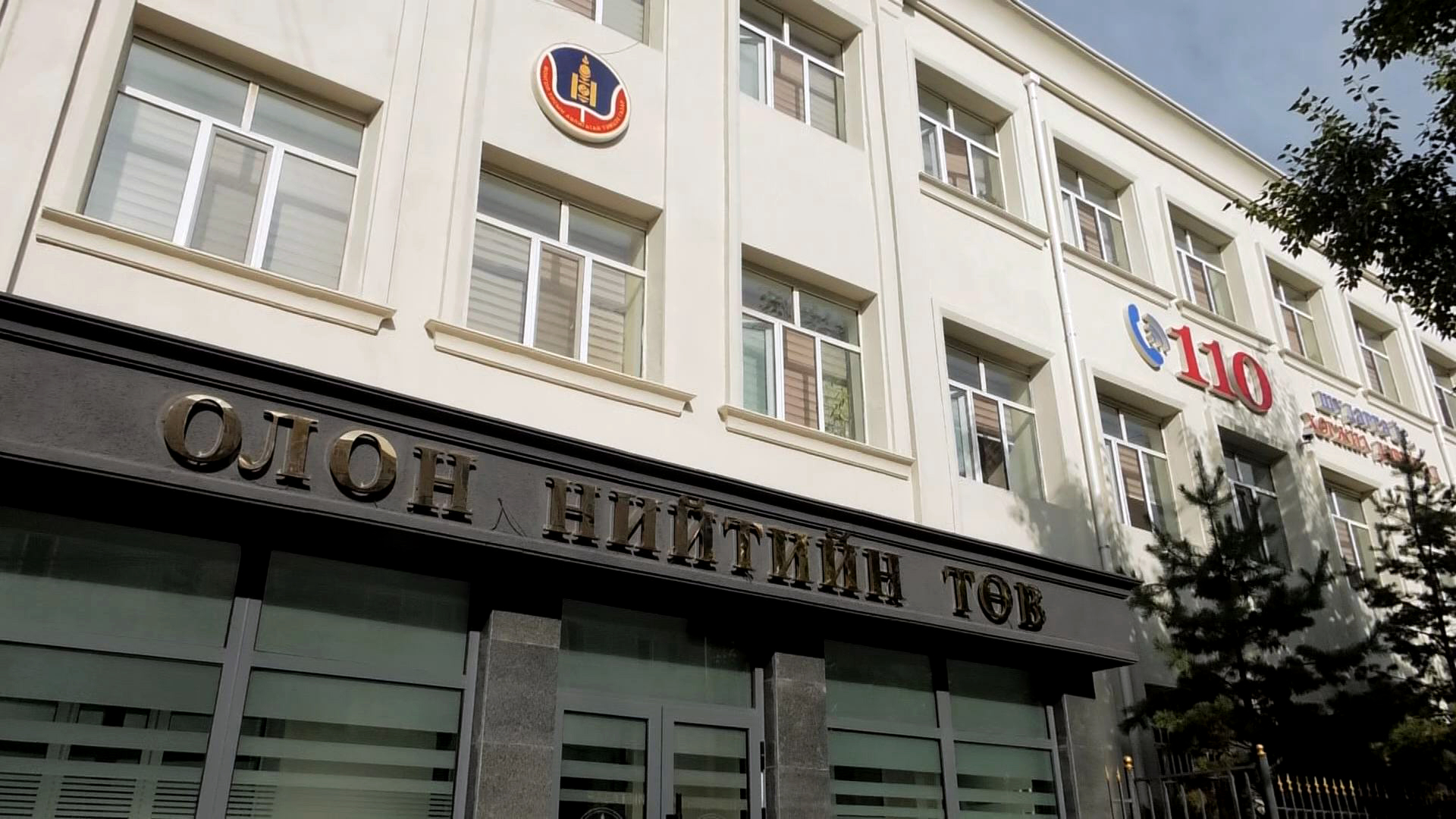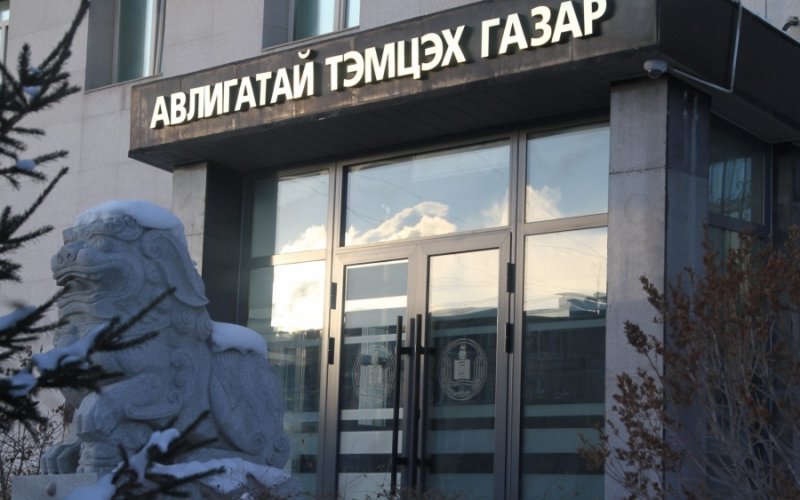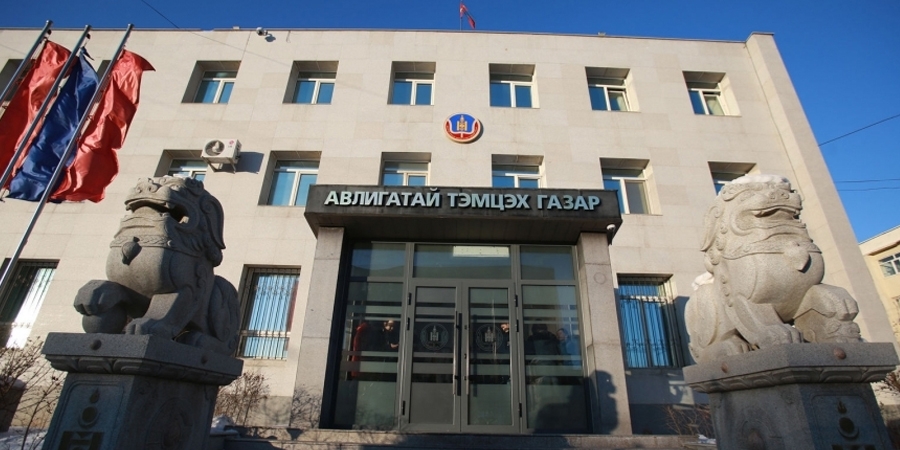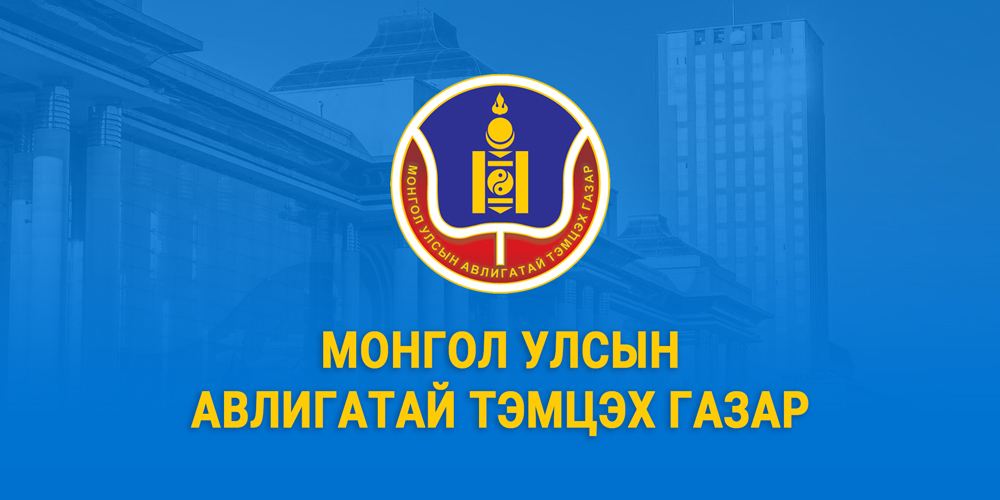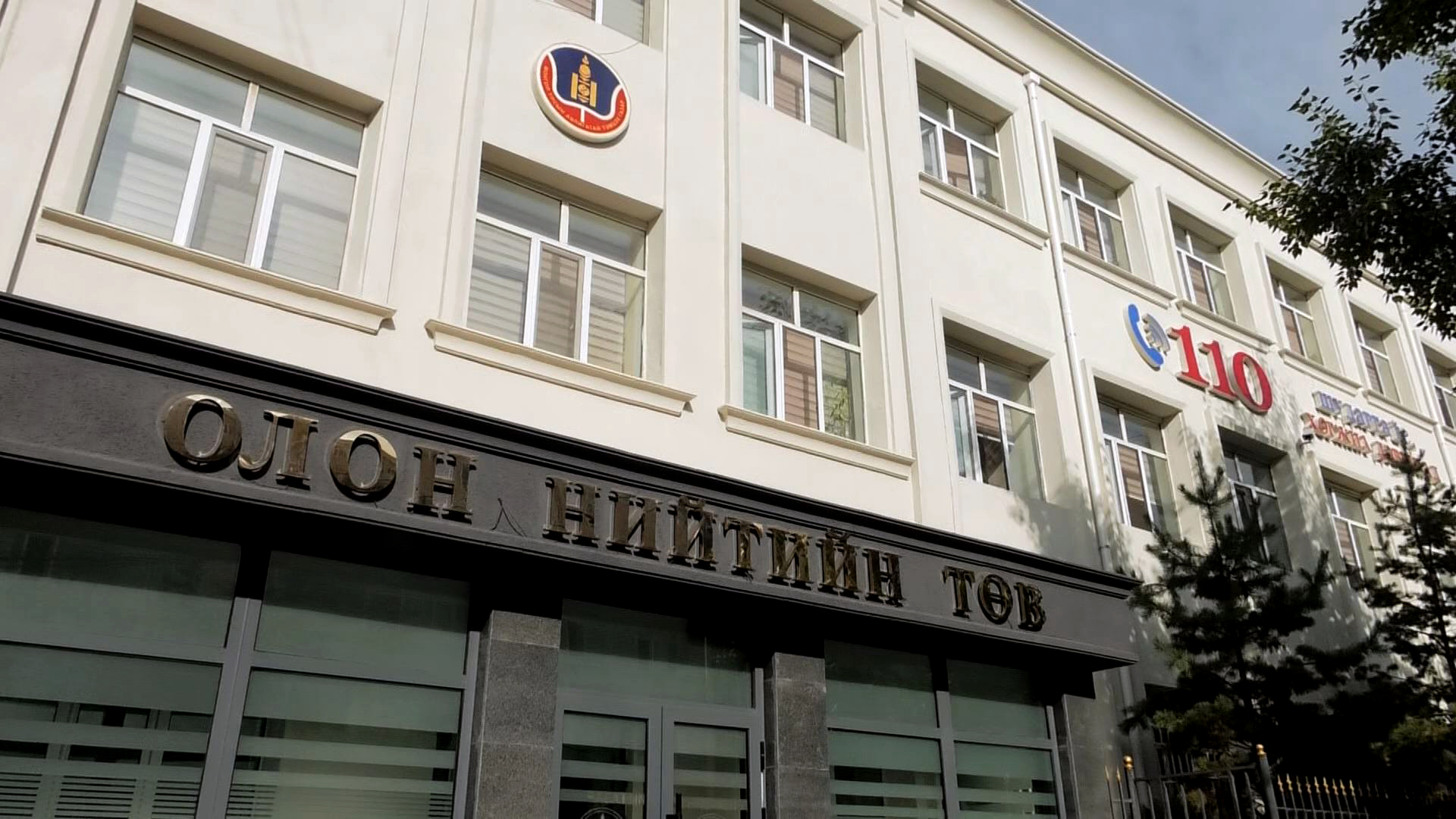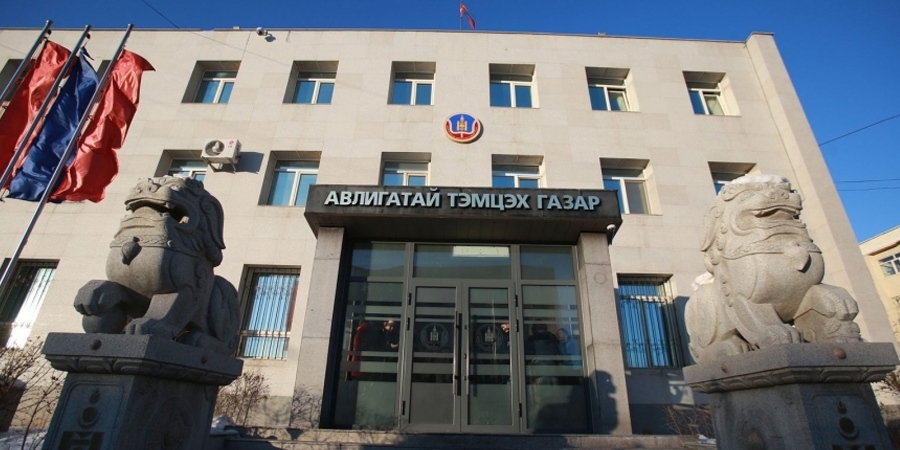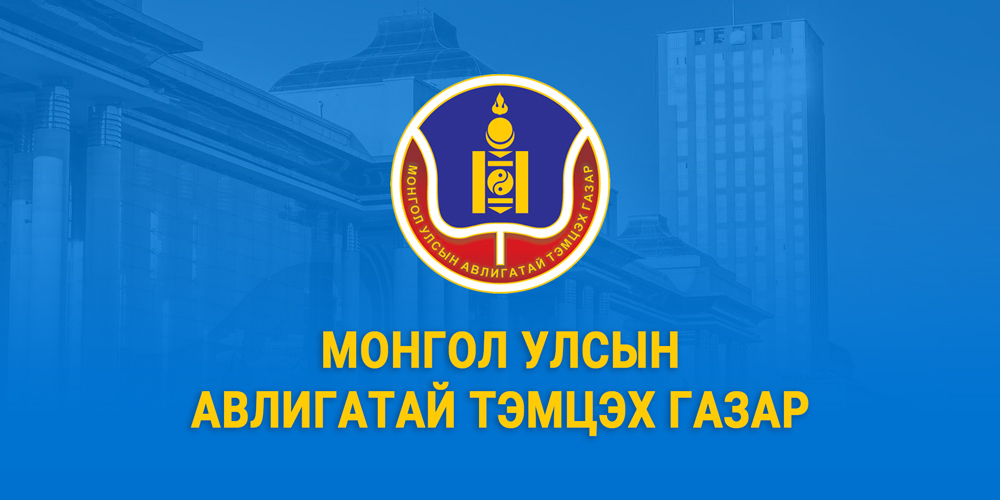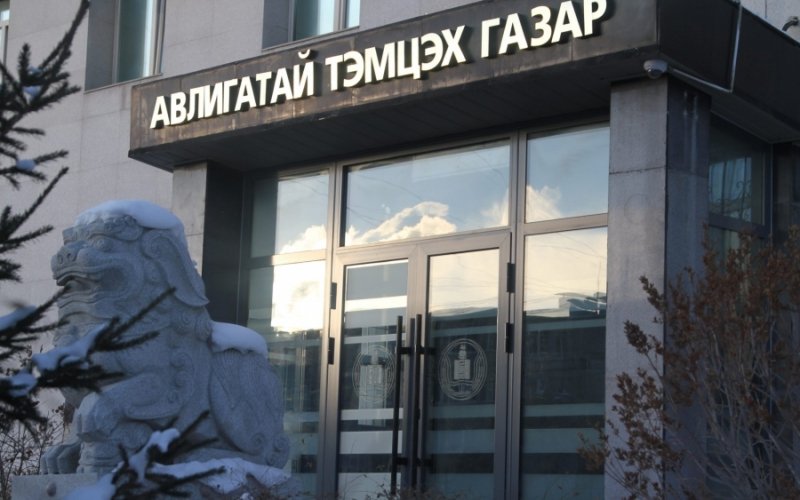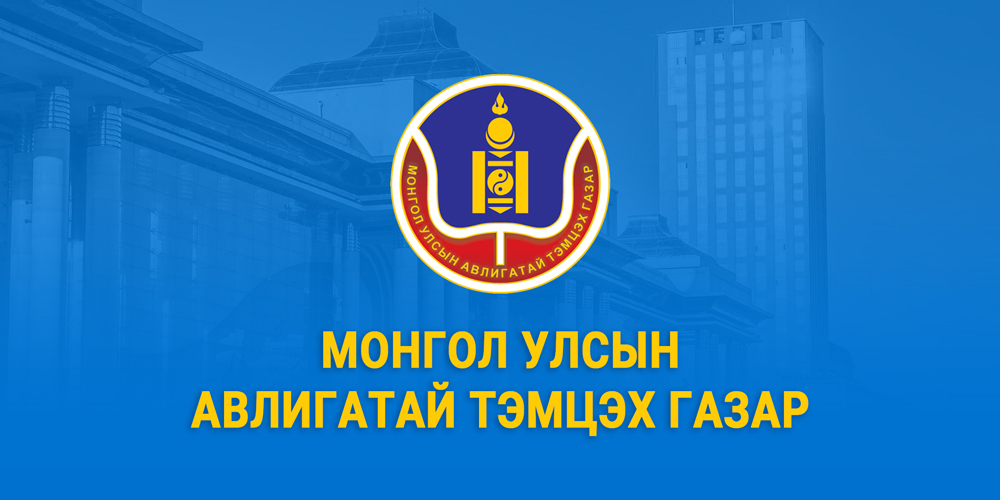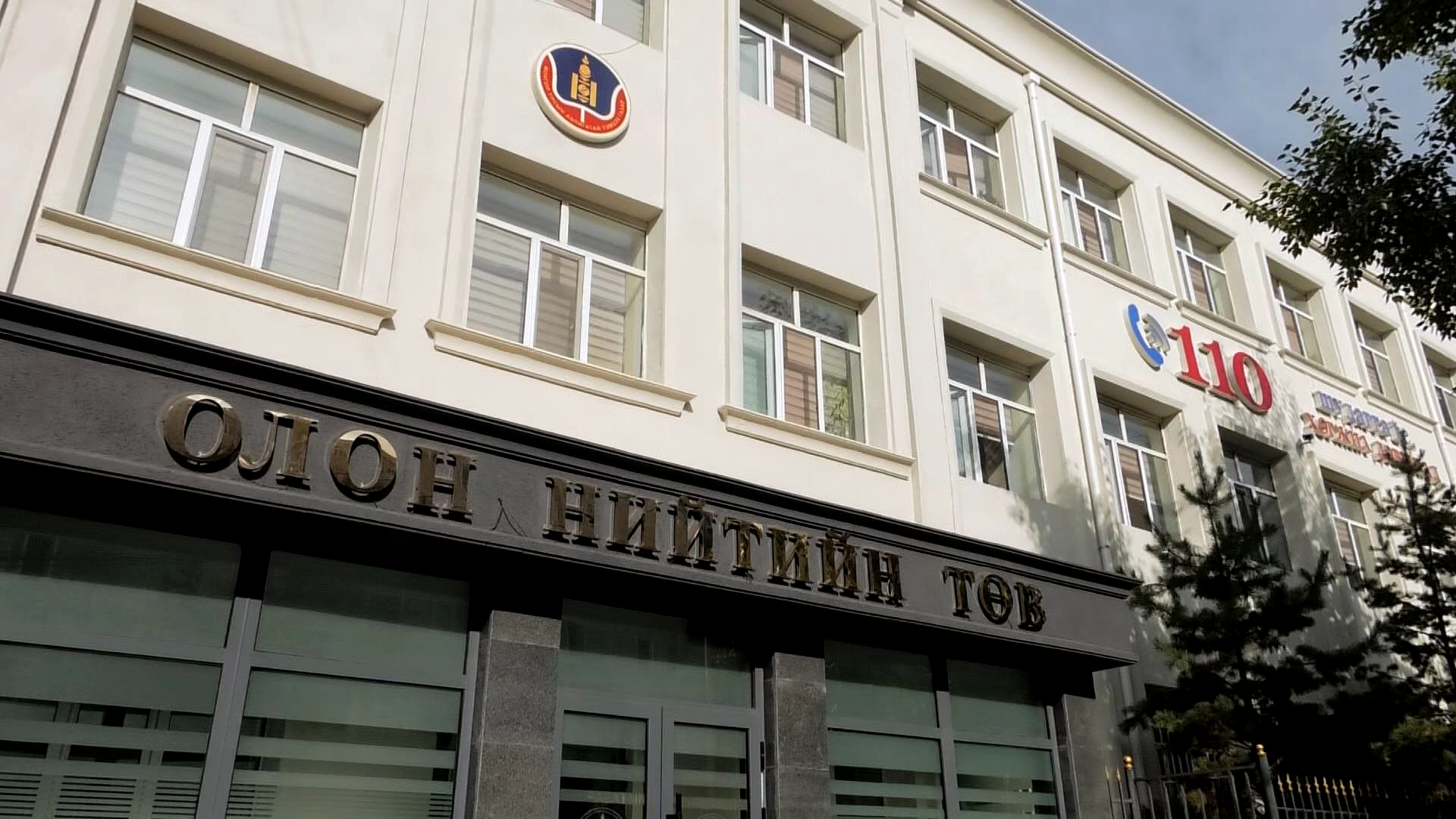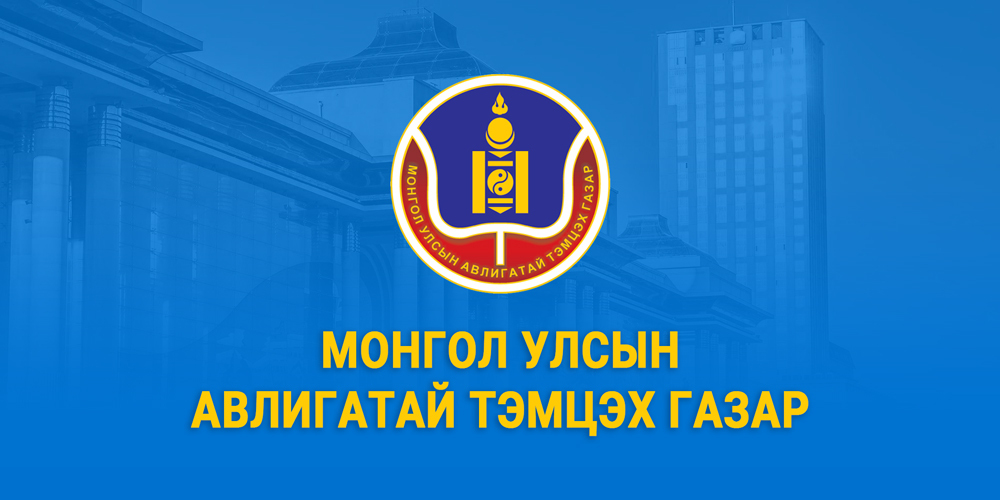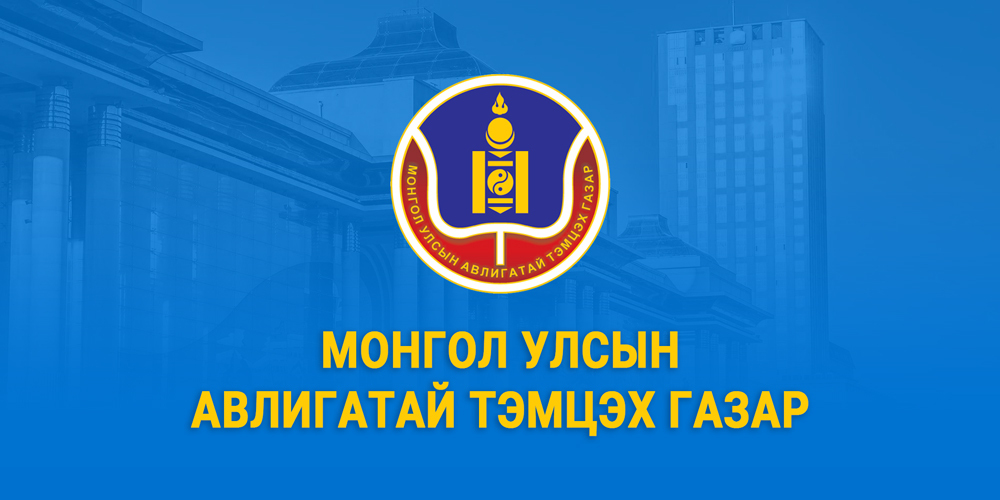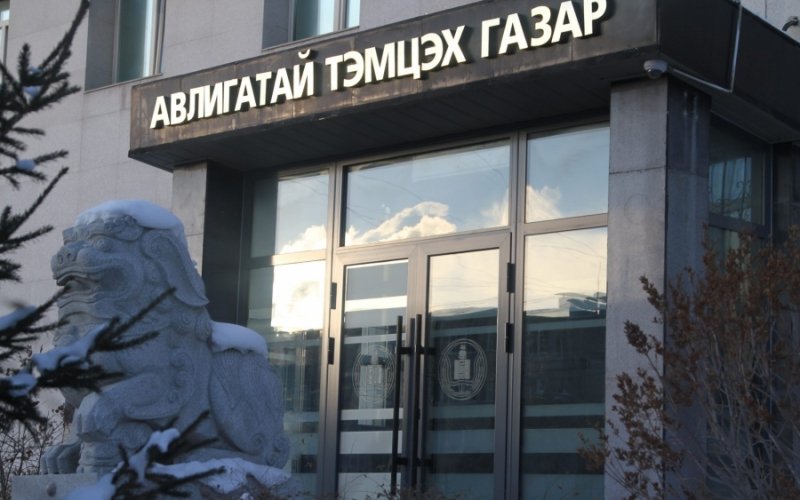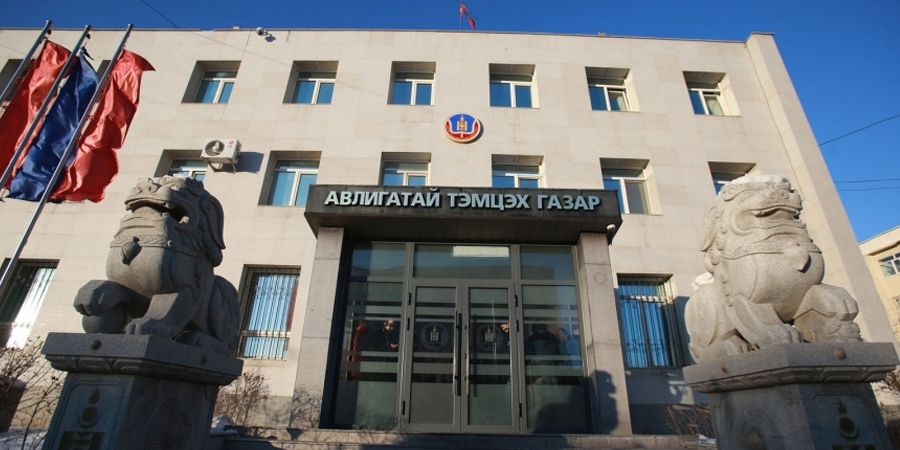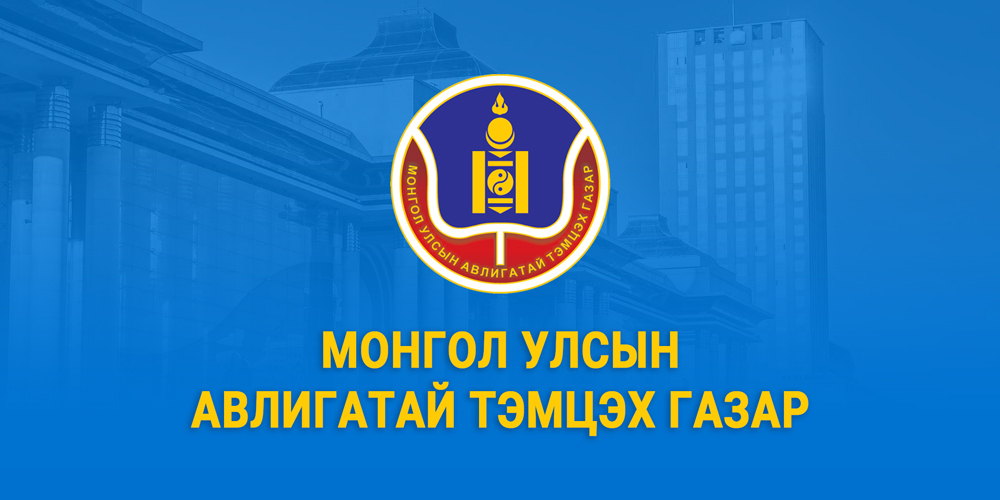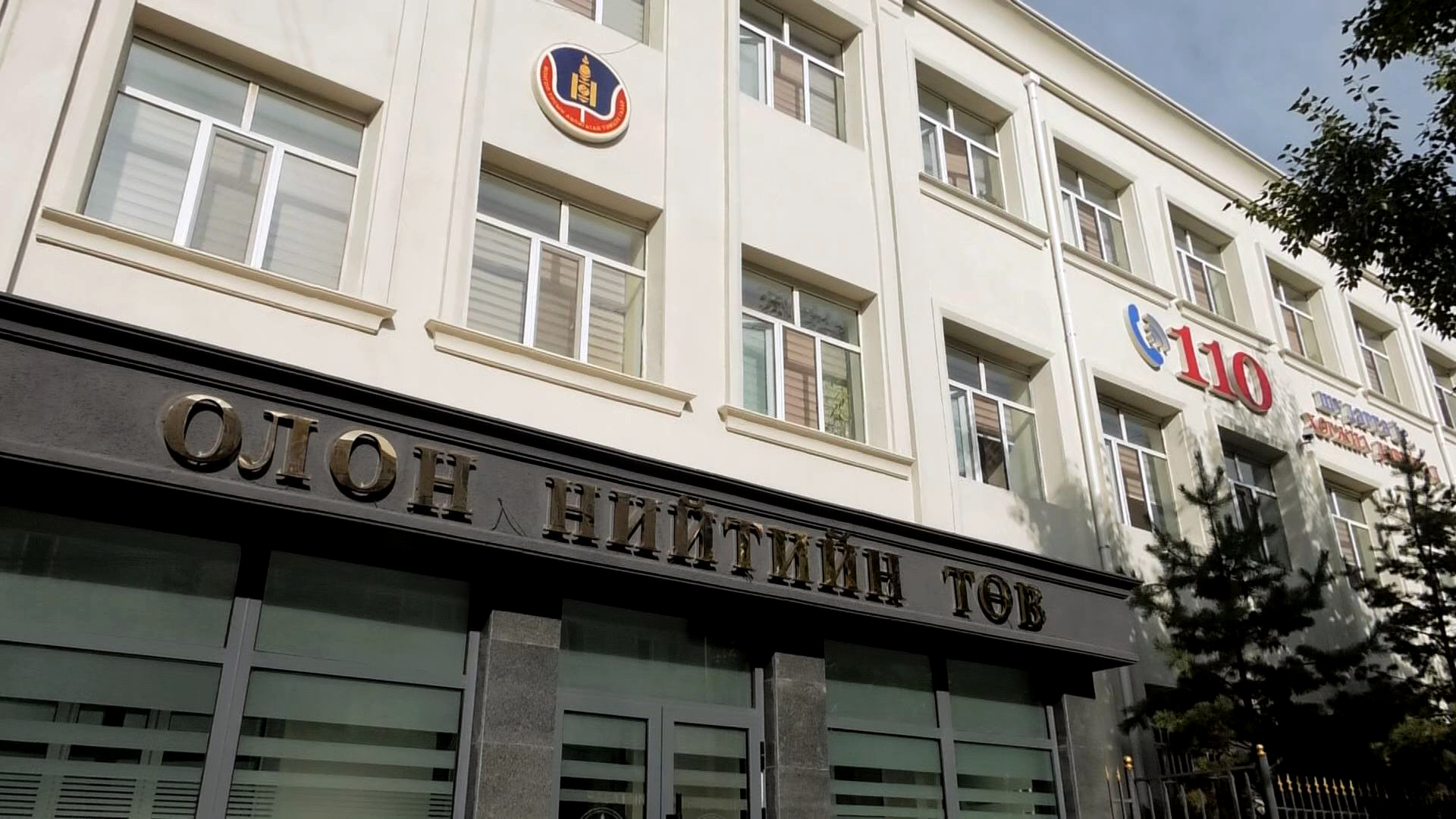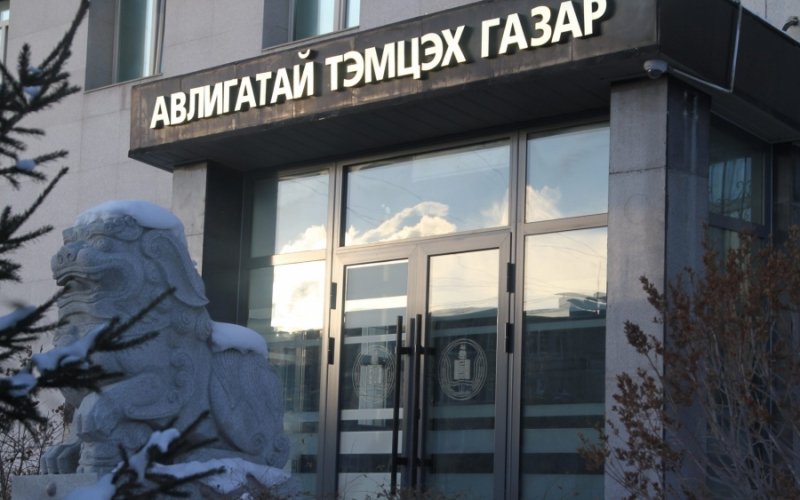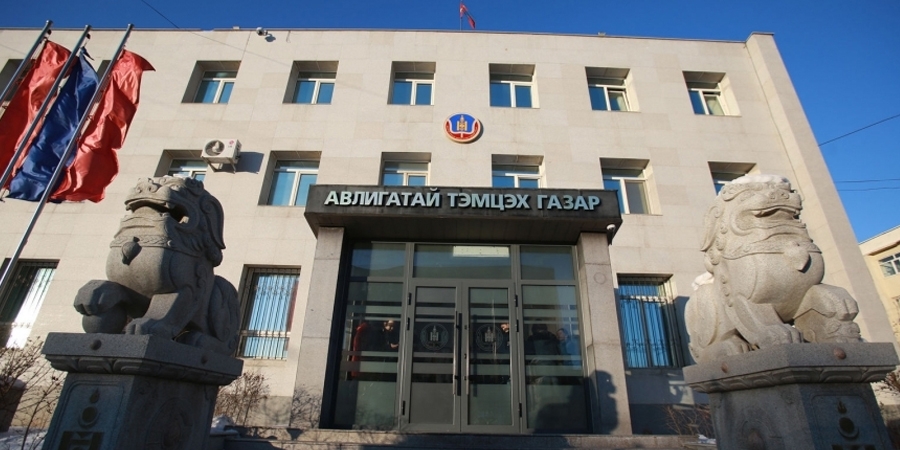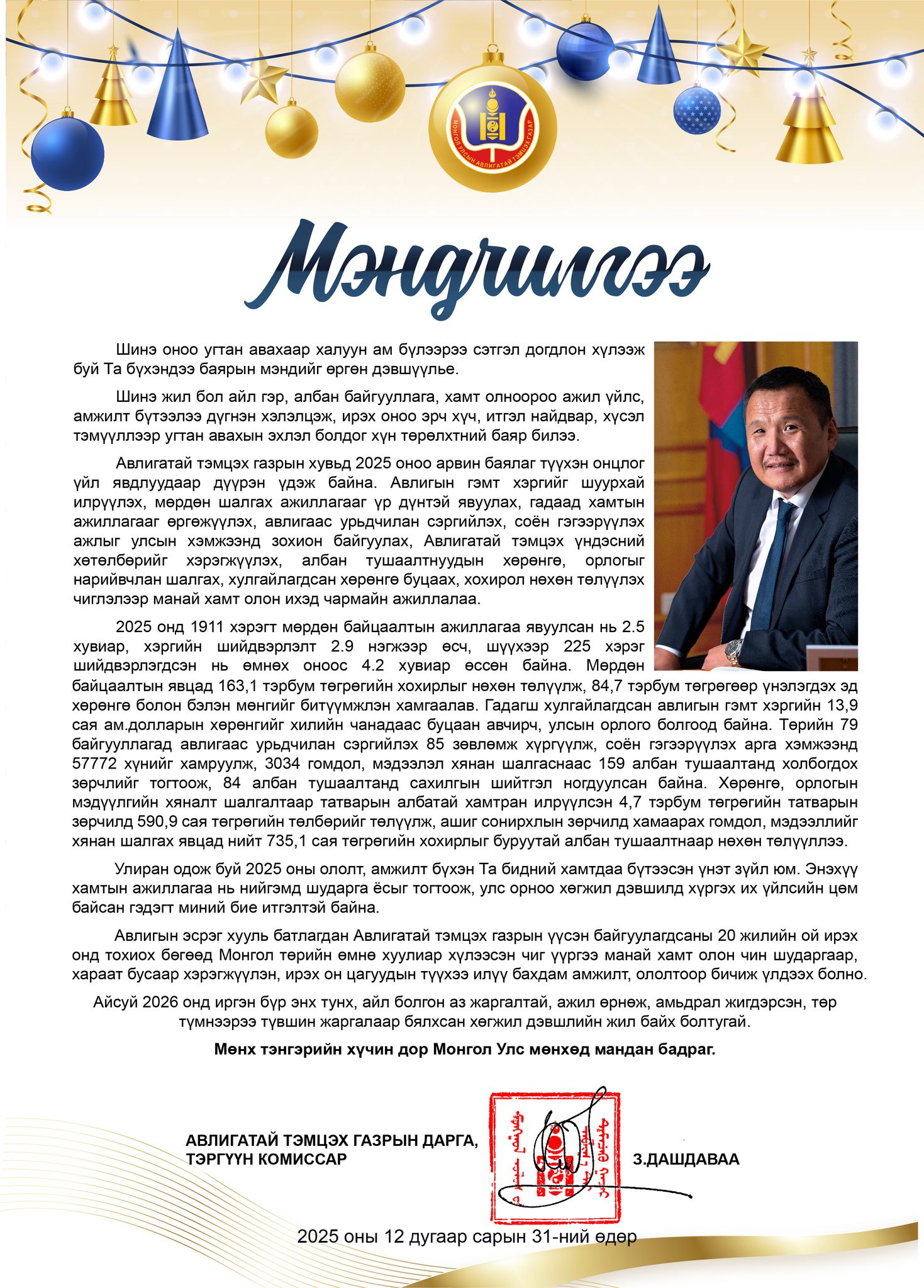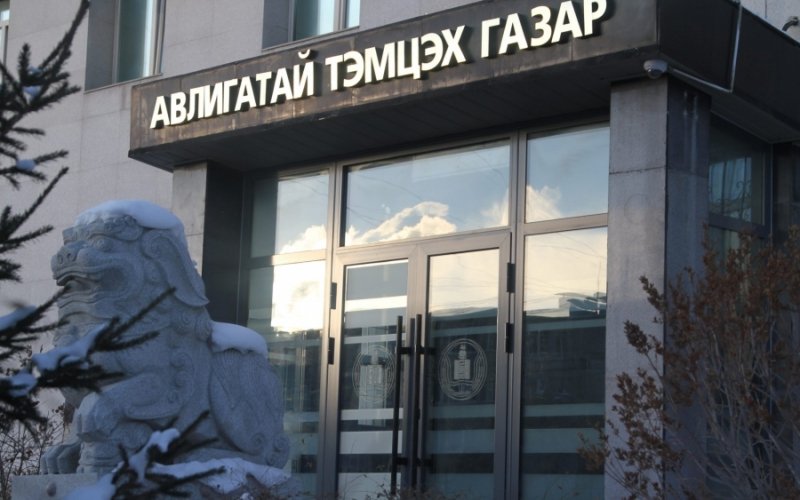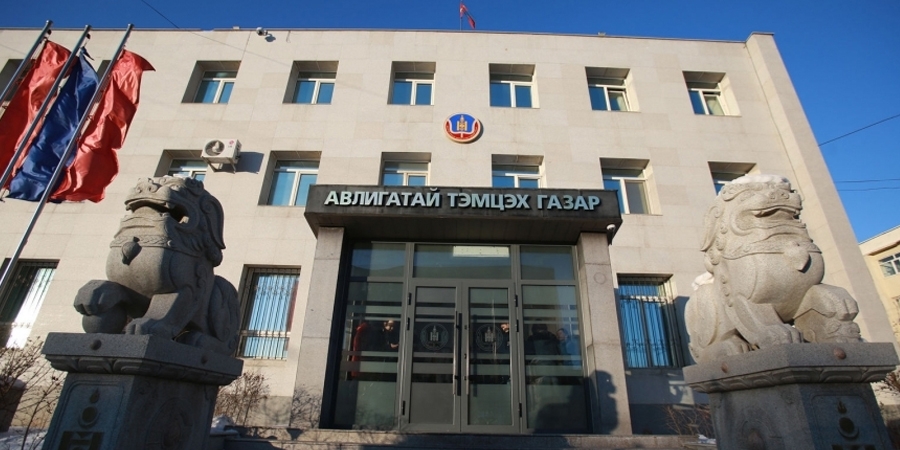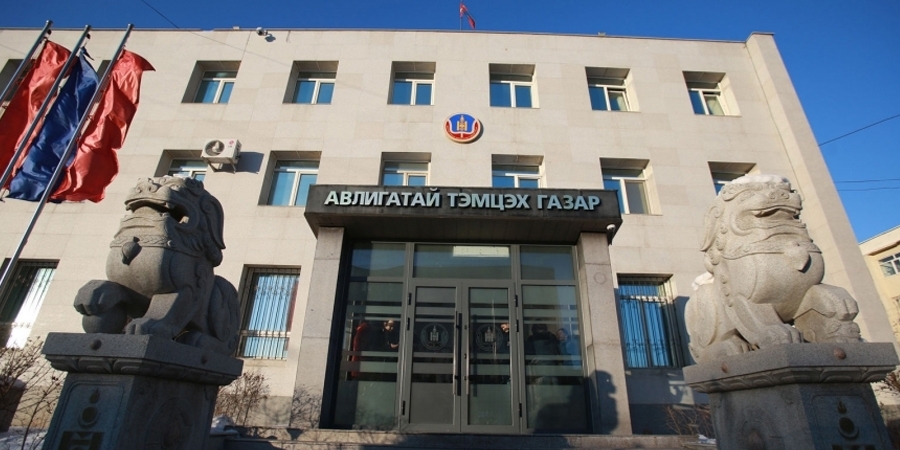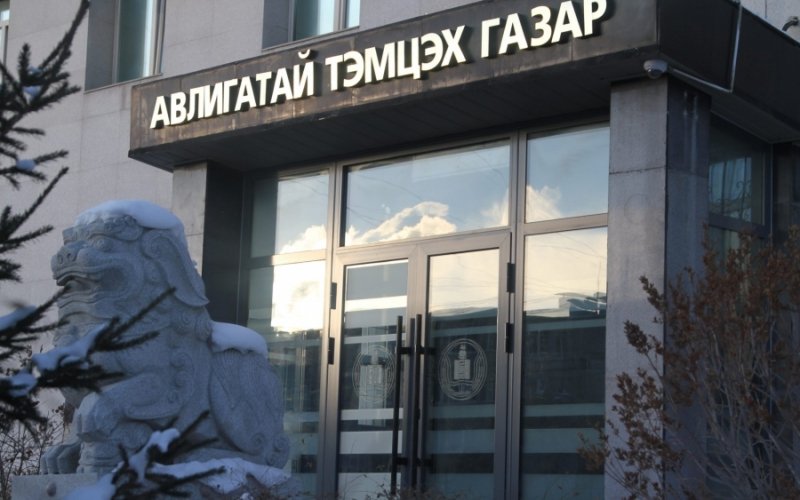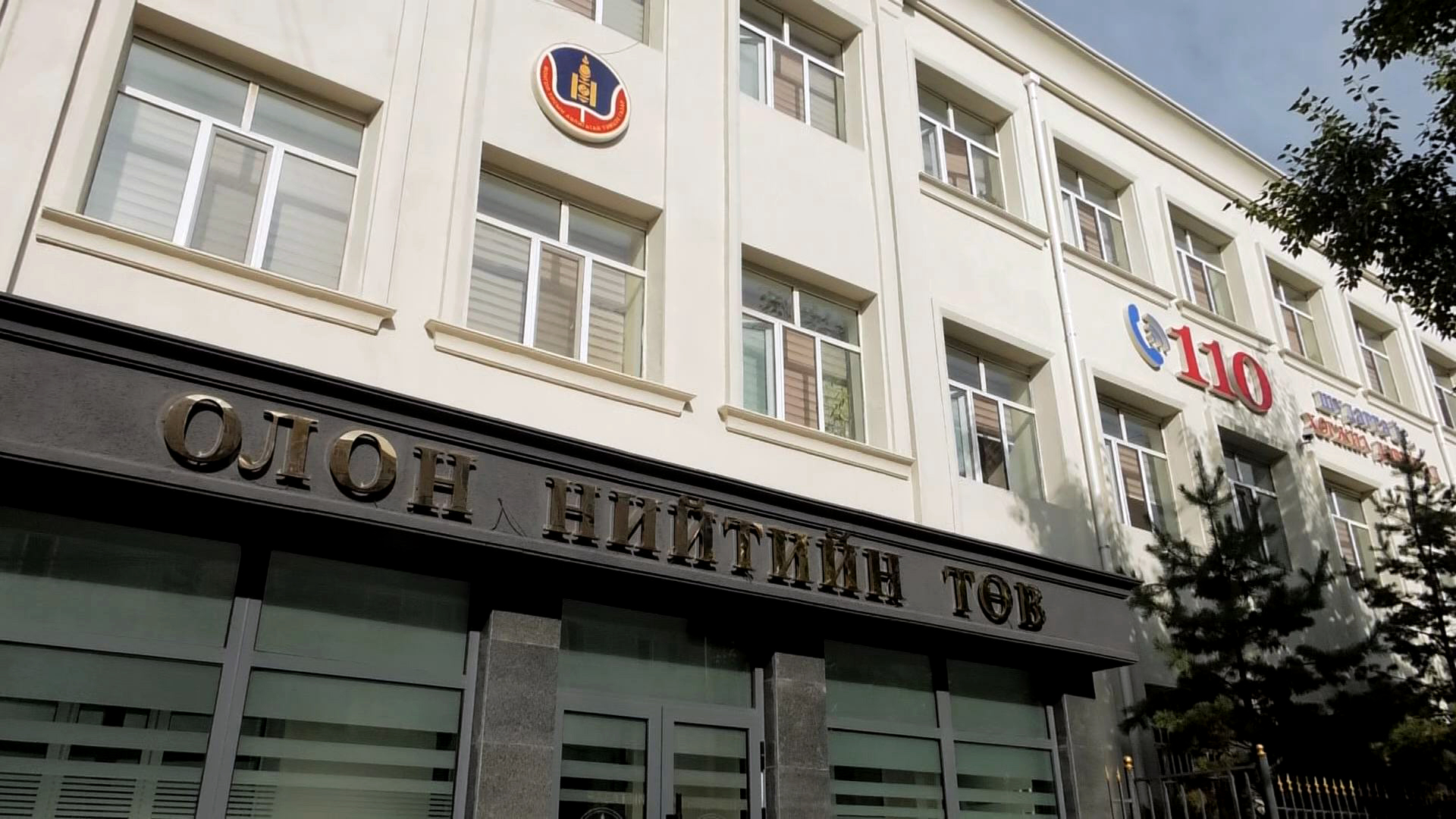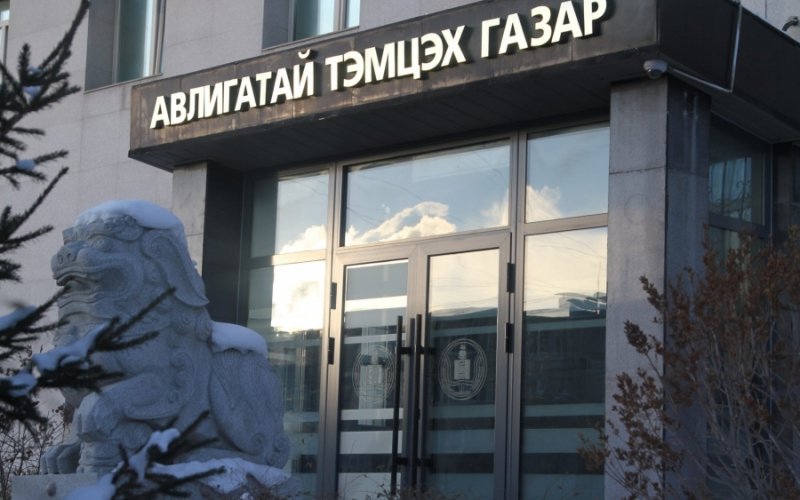
Kh.Oyunbaatar: JUSTICE IS THE RULE THAT DEFINES THE BASIS OF THE EXISTENCE OF ANY SOCIAL SYSTEM
We spoke with Kh. Oyunbaatar, Senior Commissioner and Senior Commissioner of the Prevention and Education Division of the Anti-Corruption Agency, about justice, values and children's justice.
- Explain the concepts of justice and fairness. People use it in their daily conversations, but they don't pay much attention to its essence.
- It is difficult to answer in one sentence. How controversial the topic is today. Let's start with the ancient Greeks. In ancient Greek mythology, Dike was the name of a god who represented justice, morality, and justice. In fact, the ancient Greeks saw justice as moral and legal. Socrates justice means strict adherence to fair and wise laws. It is said that if the law is not wise and unjust, justice itself will be meaningless. Personally, I think that justice can be understood as a rule that determines the basis of the existence of any social system.
Plato, on the other hand, considered it fair to do one's duty to the fullest, not to do what is not assigned to one, in short, to do what one should do and not do what one should not do. This is an idea related to more social organization. I think it may be the root of the concept of "fairness" we use today. We translate the word integrity as fairness. The word has the same meaning as "fidelity," "strong morality," or "integrity," but also as "integrity," and "unity." Each subsystem and element that makes up a social system has its own position and function in that system. For an entire system, there can be no non-functional elements or subsystems, all of which condition each other and "build" the entire system. This is called integrity, and I think it has something to do with Plato's ideas. From this it can be concluded that the concepts of “society”, “justice” and “fairness” overlap in some ways. Attempts to deny the interrelationships between the elements of a social system and to undermine any of the rules that govern them can be described as "unfair." One of such injustices is definitely corruption.
Does this mean that corruption should be explained in terms of human morality on the one hand and the social system on the other?
- Yes. However, most researchers still view corruption as a social phenomenon. Corruption is a complex dynamic system with many variables, including economics, governance, transparency, inequality, poverty, human capital, infrastructure, politics, the rule of law, illegal activities, and drug trafficking. at the time. Some researchers are also using methods to model system dynamics. The systemic approach considers corruption as a system of interdependent elements and has the advantage of allowing a comprehensive study and solution of issues affecting other subsystems in the social system, their position, stakeholders, and measures to manage and prevent them.
According to a survey of the integrity of ministries and agencies, the fairness of secondary school students is lower than that of the judiciary. The level of integrity decreases as more and more variables interact with cause and effect. In the presence of such evidence, it is only necessary to draw conclusions about these variables in the social system. Does this mean that fairness is also a systemic issue?
-In recent years, your organization has conducted several types of surveys, such as “Integrity Assessment” and “Child Integrity Survey”. Please clarify the results of the “Child Integrity Survey” and what activities are being organized to improve children's justice.
-The Child Integrity Survey has been conducted nine times since it was first organized in 2008 in accordance with the methodology developed by Transparency International Korea. The survey was conducted among secondary school students in 21 aimags and the capital city and consisted of sub-indicators such as children's morality, maturity, law enforcement, and anti-corruption. Until 2014, the level of child fairness generally increased, reaching a maximum of 4.03 points, but has declined year after year. According to the survey, children's fairness decreases with age and grade. It can be concluded that the more children participate in social interactions and receive information, the lower the level of integrity. In other words, children with relatively pure, honest, loyal character, heart and mind are becoming a social evil. Research also shows that parents, family, friends, and teachers play an important role in children's attitudes and behaviors. But kindergartens and schools are not the only ones to blame. About 2 million Mongolian citizens as adults - we are all to some extent to blame. As you can see, this is a system issue. Another finding from the survey is that the level of fairness of children in the capital is lower than that of local children.
Any preventive and educational work organized by the Anti-Corruption Agency is based on the research you mentioned and many other studies. In this sense, we have organized a number of activities aimed at children and aimed at improving the level of children's justice, and this work is still ongoing. For example, the “Justice I Know” handbook was held among primary and secondary school students nationwide to encourage children to express their views on justice through pictures and essays, and to support public outcry against injustice in society. A drawing competition and an essay competition for high school students on the topic of “From childhood to becoming a human being” were organized last fall. More than 200 children submitted their works to these competitions. In March and March of this year, the National Movement for Youth for Change and the Law Guide Club organized a New Generation No Corruption speech contest for secondary school students. 125 students submitted video presentations to the competition. The purpose of these competitions is to teach children how to live honestly and honestly, to train them in the right way, and to support their talents and interests. Be sure to check out the views of the future owners of your country on our “IAAC - Community Center” Facebook page. There is a saying, "Children bring up their parents." What children say and think can teach us a great deal as adults.
Currently, we are working with Nomadic Content LLC to create and distribute a series of content for primary and middle school students using the Internet and other media. This work will continue to be enriched and improved.
-Do you conduct research on the integrity of students and youth, and what activities have been organized for them?
-We do not conduct regular and frequent surveys aimed at students and youth, such as the “Child Integrity Survey”. Last year, our Research Department, in cooperation with a non-governmental organization, conducted a study on “Higher Education Sector and Ethical Issues in the Environment”. The purpose of the study was to clarify the ethical situation in the higher education sector through public universities that provide general services to citizens and train teachers, doctors, and lawyers who need to adhere to high ethical standards on a daily basis. According to the survey, “Teachers are among the first to set a moral example for students, but the tendency to learn from a teacher is declining as the course progresses. "And as the course progresses, there is a growing tendency to think that there is a lot of immorality in the university environment."
Students are the very near future of Mongolia. It means what our country will look like. Our organization organizes a variety of events to provide students with moral and justice education, knowledge and skills to fight against social “infectious diseases” such as corruption and bureaucracy. For example, in November 2019, we organized a lecture for 3,000 students on the topic of “Value Education” by well-known and ideological leaders. The event, which took place at the UB Palace, was attended by Dr. M. Munkhbold, Professor of the Academy of Management, Dr. J. Galbadrakh, President of the New Mongolia Research Institute, and B. Naranzun, a social science, art researcher and producer. , had a very interesting, fun, and instructive conversation on a wide range of topics, such as perseverance and hard work.
The "Key" competition was initiated and organized among 3rd year university students with the aim of increasing the real participation of students in social life, encouraging and supporting them, and developing honest and creative citizens. 188 students from 14 universities participated in this competition. The teams that participated in the final round of the competition selected a bureaucratic government service that may have violated human rights, organized a practical event to address it, and wrote and defended a report on the results of their activities, which was a real and beneficial activity for the students. Our students learned a lot. In addition, all our activities for children and young people are regularly posted on social networks such as Facebook, which allows anyone to watch and participate from anywhere.
-Recently, there has been a lot of talk about “value confusion” and “value change” in terms of value education. What do you think is valuable?
-I think we should look for the source of human and social nature. It is impossible to imagine a person without other people, in other words, without society. So what is the nature of society? In my opinion, the essence of society is the interaction between people. Instead, this interaction is driven by desire and interest. Naturally, the desire to survive may be a basic desire. There are a lot of desires. All those desires are social phenomena. I say it's a social phenomenon because we don't have a desire to be independent of society and others.
We can't eliminate or change the phenomenon. It is said that it is impossible to make a person greedy and unwilling. If that is the case, then he will have to be called either a patient or a Buddha. But we can change the value of the phenomenon. I mean value in terms of the value and order given to the importance of an item. Values are very relative, and what I feel good and good now may feel bad at another time or to someone else. To that extent, we value and value things and rank them differently. I think that's where the concept of values comes from. It may be a natural instinct to survive, but we value the things that are the foundation of our existence and coexistence. That's the value. Individuals, families, organizations, societies, countries have different levels and different values. But in essence, they are the basic conditions for people to live together.
-About the notions of “misunderstanding of values” and “change of values”?
-I don't know exactly what people mean. However, in this regard, it seems necessary to distinguish between "know" and "can". For example, one might say that “caring for others” is my value. Indeed, "caring for others" is an important factor in creating the basic conditions for people to live together. But it all depends on whether the person really "cares about others," whether he is using it as a goal or as a tool. People do not think that they are so "lost" in terms of values or that they have changed so much. Values themselves are relatively stable. That's why it's called "precious." In addition, Mongolians are a highly developed nation in terms of intellectual culture. This culture and tradition will not be easily erased. But when social development enters a state of temporary chaos, it is a sign of a lack of loyalty to one's values, of one's mental capacity and ability to make them one's goal. It will tighten again.
-Do you think that one of the causes of corruption is disregard for values and moral decay?
So, first of all, it is necessary to distinguish the causes and conditions of corruption. In this way, it will be possible to effectively organize anti-corruption activities.
Cause is a phenomenon or action that creates or defines another phenomenon. Conditions, on the other hand, are the factors, opportunities, possibilities, and conformities that influence the origin, formation, development, and existence of things and phenomena. Without a cause, no matter what the circumstances, there will be no consequences, and vice versa, no matter what the cause is, there will be no consequences if the conditions are not met. Poverty, unemployment, and the Human Development Index are conditions for corruption to spread, not causes it.
The primary cause of corruption is human greed. Everyday life is never satisfying. Desire and greed are limitless, and they cause people suffering and dissatisfaction. They then act in a way that is contrary to law, humanity, and the rule of law, such as the use of publicly entrusted powers, positions, and opportunities, to satisfy their desires, to possess, own, find, and obtain more.
Restraining and controlling greed is related to morality, values, feelings, knowledge, and abilities. On the other hand, no one is born corrupt, but people become corrupt when they find out that profits are high and punishments are bad. Many public and private officials start out as honest, but then they become corrupt. Both are explained in terms of values.
-About the notions of “misunderstanding of values” and “change of values”?
-I don't know exactly what people mean. However, in this regard, it seems necessary to distinguish between "know" and "can". For example, one might say that “caring for others” is my value. Indeed, "caring for others" is an important factor in creating the basic conditions for people to live together. But it all depends on whether the person really "cares about others," whether he is using it as a goal or as a tool. People do not think that they are so "lost" in terms of values or that they have changed so much. Values themselves are relatively stable. That's why it's called "precious." In addition, Mongolians are a highly developed nation in terms of intellectual culture. This culture and tradition will not be easily erased. But when social development enters a state of temporary chaos, it is a sign of a lack of loyalty to one's values, of one's mental capacity and ability to make them one's goal. It will tighten again.
-Do you think that one of the causes of corruption is disregard for values and moral decay?
So, first of all, it is necessary to distinguish the causes and conditions of corruption. In this way, it will be possible to effectively organize anti-corruption activities.
Cause is a phenomenon or action that creates or defines another phenomenon. Conditions, on the other hand, are the factors, opportunities, possibilities, and conformities that influence the origin, formation, development, and existence of things and phenomena. Without a cause, no matter what the circumstances, there will be no consequences, and vice versa, no matter what the cause is, there will be no consequences if the conditions are not met. Poverty, unemployment, and the Human Development Index are conditions for corruption to spread, not causes it.
The primary cause of corruption is human greed. Everyday life is never satisfying. Desire and greed are limitless, and they cause people suffering and dissatisfaction. They then act in a way that is contrary to law, humanity, and the rule of law, such as the use of publicly entrusted powers, positions, and opportunities, to satisfy their desires, to possess, own, find, and obtain more.
Restraining and controlling greed is related to morality, values, feelings, knowledge, and abilities. On the other hand, no one is born corrupt, but people become corrupt when they find out that profits are high and punishments are bad. Many public and private officials start out as honest, but then they become corrupt. Both are explained in terms of values.
The causes of corruption are classified as personal, organizational, and systemic. Lack of value and moral degradation are personal causes of corruption. Organizational reasons include rules and regulations, internal culture, ethics, service processes, and transparency. The system of governance, the distribution of power, and the independence of the law enforcement system are systemic or systemic reasons.
-So, what is the cause of moral deterioration?
-There are many reasons for moral deterioration, but internal causes are more influential. The main reason is a lack of understanding or misunderstanding of the nature and reality of human life and society. For example, human life and morality are based on the fundamental principle that everything evolves and everything that exists is interdependent. Because of this lack of understanding of the law, a person longs for more than he needs. The steering wheel that controls desire is greed, and there are “rules to drive”. That rule is justice.



